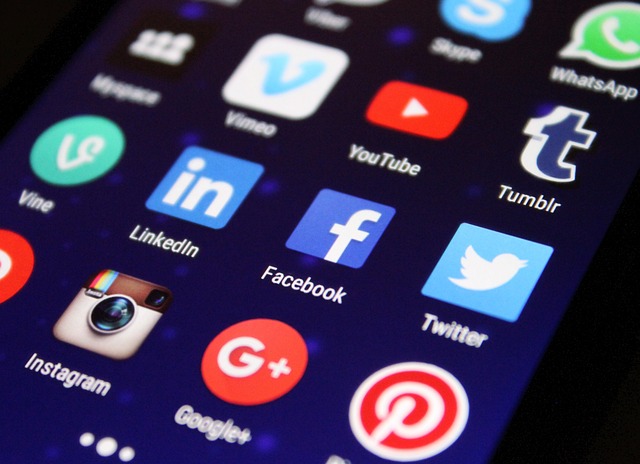The Dark Side of Social Media: Understanding the Addiction to Social Media Consumption
In today’s digital age, social media consumption can often feel like a double-edged sword. While it keeps us connected with friends and abreast of the latest trends and global events, it also harbors a darker aspect—its potential for addiction. The addictive nature of social media platforms is not just a casual inconvenience but a growing concern that impacts millions of lives around the globe.
The Mechanics Behind the Addiction
At its core, the addiction to social media stems from its design. Social platforms leverage powerful psychological principles to create compulsive usage patterns. Every like, comment, and share triggers a release of dopamine, a neurotransmitter associated with pleasure and reward. This dopamine rush encourages users to continually check their devices for updates, creating a cycle of expectation and gratification. This cycle can lead to increased dependency on social media, as users equate social validation with personal fulfillment.
The Impact on Mental and Emotional Health
The repercussions of excessive social media use extend beyond just wasting time. It can significantly affect users’ mental and emotional health. Studies have repeatedly shown a correlation between heavy social media use and an increase in mental health issues like anxiety and depression. This is particularly concerning considering the deceptive highlight reels presented on social media, which can lead to unhealthy comparisons and distorted self-perceptions. Younger users are especially vulnerable, as their self-esteem can become closely tied to their online presence and the validation they receive from it.
Balancing Real Life with Digital Interaction
Striking a balance between online interactions and real-life connections is crucial. It’s essential for users to take deliberate steps to mitigate the impact of social media on their lives. Setting boundaries on usage, using apps that track and limit screen time, and prioritizing face-to-face interactions can help maintain this balance. Additionally, being mindful of the content consumed and engaging in digital detoxes can restore a sense of control and well-being.
While social media offers numerous benefits, understanding and addressing its addictive nature is crucial. By recognizing the signs of addiction and taking proactive measures to manage social media consumption, individuals can enjoy the benefits of these platforms without letting them compromise their mental health and personal relationships.



